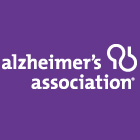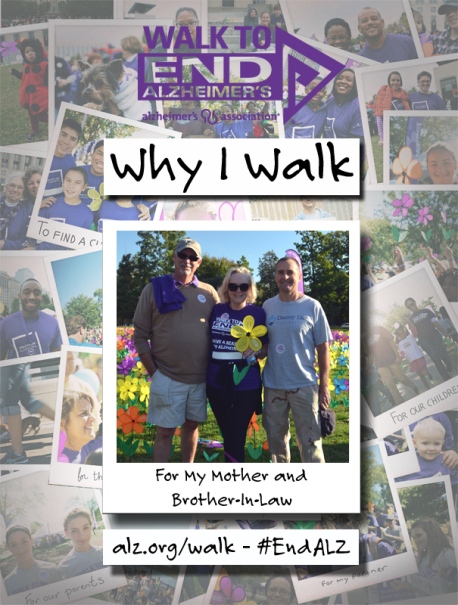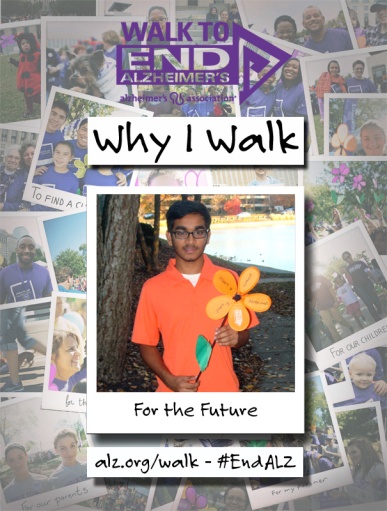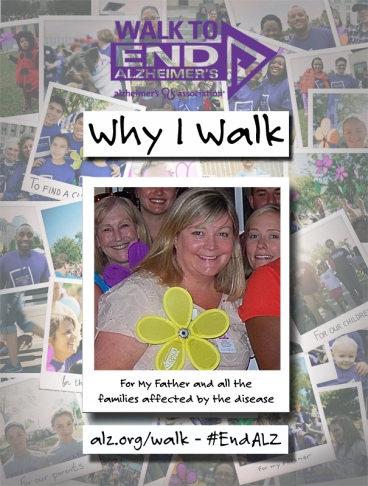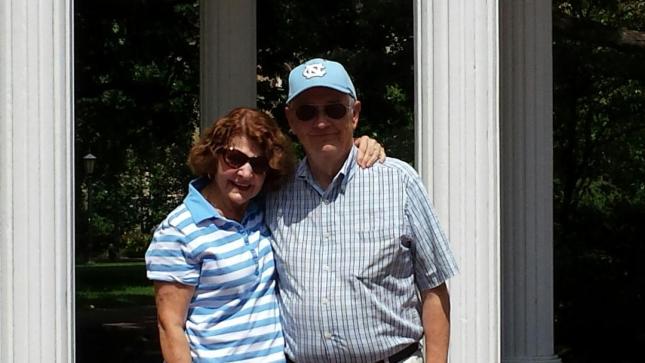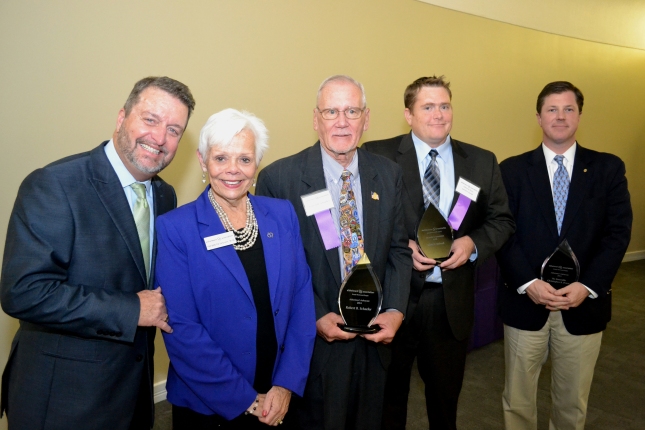
December 1st, 10am
For Caregivers
Mt. Vernon Baptist Church
11220 Nuckols Road, Glen Allen, VA 23059
Please call Jessica Samet, 967-2580, for more information
December 2nd, 3pm
For Caregivers
First Baptist Church
401 N. Second Avenue
Hopewell, VA 23860
Please call Blanche Castelow, 748-5585, or June Gilliam, 748-6668, for more information.
December 2nd, 7pm
For Caregivers
First Baptist Church
800 Thompson Street
Ashland, VA 23005
Please call Bob Junod, 752-2219, for more information.
December 2nd, 7pm
For Caregivers
Second Branch Baptist Church
12217 Second Branch Road
Chesterfield, VA 23838
Please call Christina Dhir, 536-9229, for more information.
December 3rd, 4pm
For Caregivers
Riverside PACE
315 Brown Street
Petersburg, VA 23803
Please call 800-272-3900 for more information.
December 4th, 6pm
For Caregivers
Good Shepherd Baptist Church
1127 N. 28th Street
Richmond, VA 23223
Please call Wanda Hunt, 305-8394, for more information.
December 9th, 7pm
For Adult Children
Bon Air Methodist Church
1645 Buford Road
N. Chesterfield, VA 23235
Please call Lynda Gormus, 320-0619, or Erin Davidson, 514-2142, for more information.
December 10th, 9:30am
For Caregivers
Hanover Adult Day Center
7231 Stonewall Parkway
Mechanicsville, VA 23111
Please call Vivian Bagby, 321-1649, or Barbara Allen, 782-1942, for more information.
December 10th, 10am
For Caregivers
New Life United Methodist Church
900 Old Hundred Road
Midlothian, VA 23114
Bob Schaefer, 310-7991, or Leigh Hilldrup, 839-0236, for more information.
December 11th, 1:30 pm
Early Stage for Caregivers and Persons with Dementia
Please Call the Chapter Office, 967-2580, for more information.
December 13th, 12pm
For Caregivers
First Union Baptist Church,
3510 Dill Road
Richmond, VA 23222
Please call Jacki Page, 321-2573, for more information.
December 16th, 10am
For Caregivers
Lakewood Manor
1900 Lauderdale Drive
Henrico, VA 23238
Please call Mary Ann Johnson, 967-2582, for more information.
December 16th, 2pm
For Caregivers
Bon Air Methodist Church
1645 Buford Road
Family Life Center, Blanchette Brown Room
N. Chesterfield, VA 23235
Please call Nancy Lentz, 967-2586, for more information.
December 18th, 11:30am
For Caregivers
Vista Park Memory Care
550 Flank Road
Petersburg, VA 23805
Please call LaChelle Rouse, 861-4358, for more information.
Lunch provided
December 18th, 6:30pm
For Caregivers
New Bridge Baptist Church
5701 Elko Road
Sandston, VA 23150
Please call Connie Tucker, 241-2056, for more information.
December 18th, 7pm
For Caregivers
Lucy Corr Village
6800 Lucy Corr Court
Chesterfield, VA 23832
Please call Blanche Castelow, 748-5585, or Edith Byrnes, 271-4441, for more information.
Younger-Onset Group
This is a Support Group for individuals who were diagnosed with a dementia disease under the age of 65. For more information on this group, please contact the Alzheimer’s Association Greater Richmond Chapter office at 804-967-2580.
